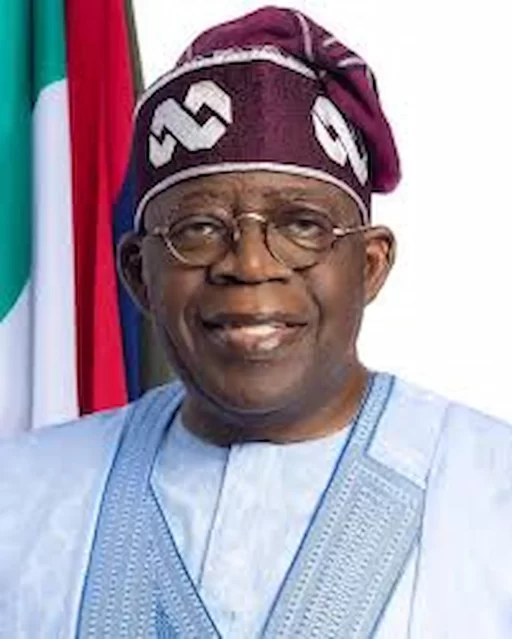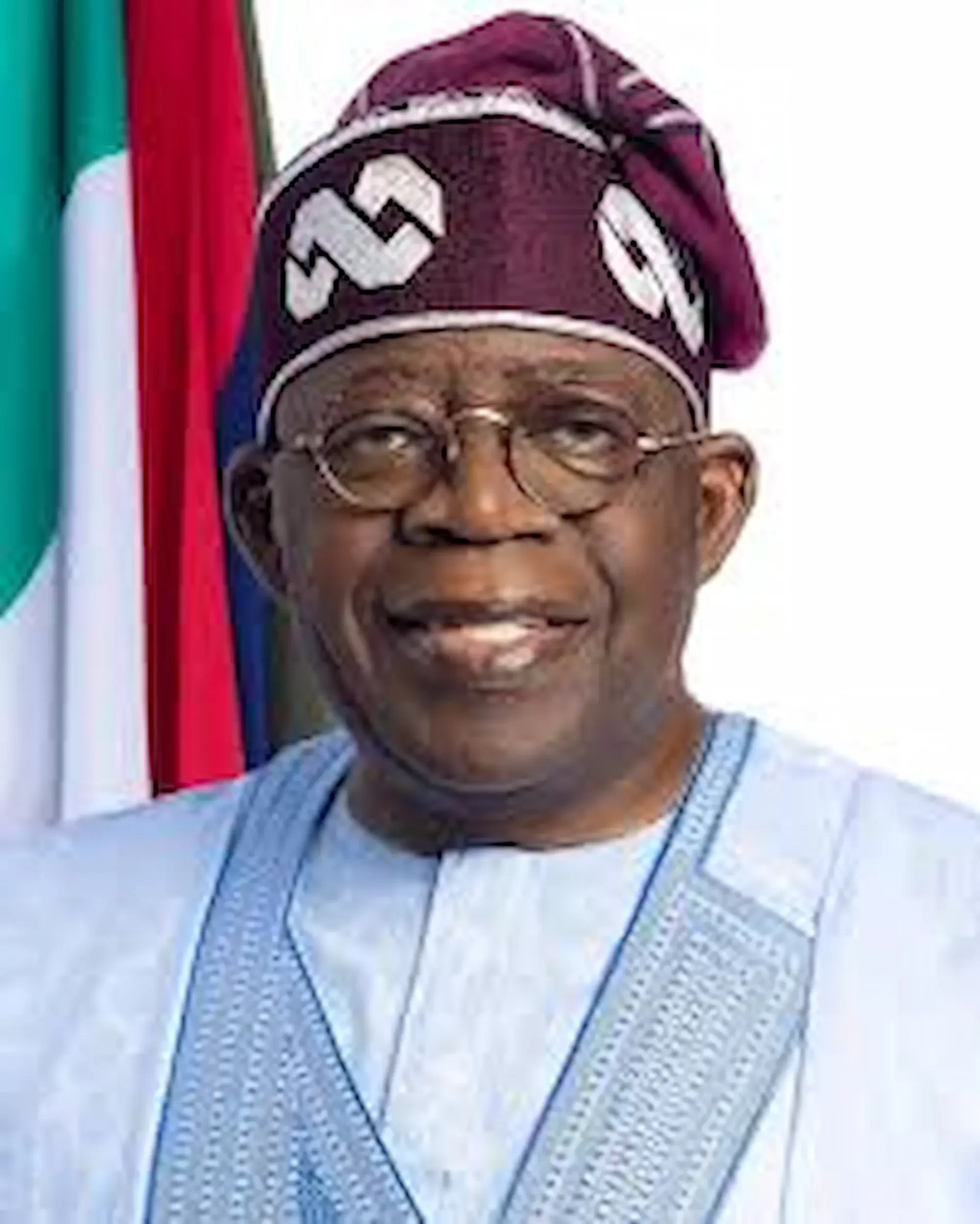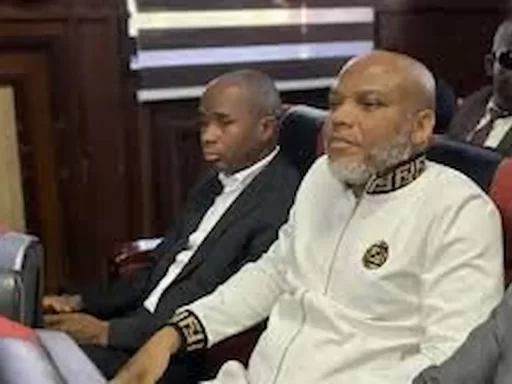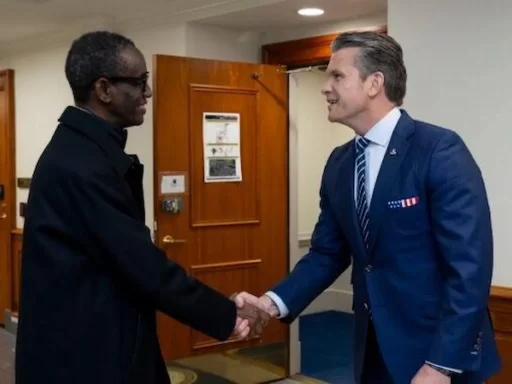Tinubu Heads to G20 Summit Amid Mounting Domestic Anxiety
By Naija Enquirer Staff
As President Bola Tinubu prepares to depart Abuja for high-level meetings in South Africa and Angola, reactions at home reflect a nation divided between diplomatic ambition and deep frustration over Nigeria’s mounting crises.
The two-nation trip first to Johannesburg for the G20 Leaders’ Summit, then to Luanda for the AU-EU meeting comes at a delicate moment. While the government frames the journey as crucial for Nigeria’s global standing, many Nigerians question the timing.
A High-Profile Invitation
The visit follows an invitation from South Africa’s President Cyril Ramaphosa, who currently chairs the G20. Brazil’s President Luiz Inácio Lula da Silva had extended a similar invitation during his tenure in 2024 — signals the Presidency says show Nigeria’s relevance on the global stage.
This year’s summit, themed “Solidarity, Equality, Sustainability,” will gather leaders of the world’s major economies to discuss global growth, financing for development, debt challenges, climate vulnerabilities, artificial intelligence, critical minerals and the future of food systems.
According to the Presidency, Tinubu will also use the gathering for bilateral talks tied to the Renewed Hope Agenda, with a focus on trade, peace, security, and development partnerships.
From Johannesburg to Luanda
When the G20 meeting ends on 23 November, Tinubu will head to Angola for the 7th AU-EU Summit, where African and European leaders will engage alongside young innovators and civil society groups.
The Luanda meeting is expected to explore shared challenges: climate change, digital economy gaps, infrastructure needs, employment, and the creative and agricultural sectors.
The President travels with senior ministers, including those responsible for foreign affairs, finance, solid minerals, and trade, as well as the Director-General of the National Intelligence Agency. He is due back in Nigeria after the second summit.
Domestic Unease Overshadows Diplomacy
But back home, Tinubu’s departure has stirred mixed reactions some supportive, many sharply critical.
On social media, supporters have wished the President a successful trip, praying for “safe journey” and expressing hope the meetings will help Nigeria “overcome all challenges.” Others see the visit as unnecessary at a time when citizens are grappling with insecurity, economic pressure and political tension.
“What will a failed, confused president be saying at G20?” one user asked, capturing a sentiment shared across a section of the public space.
Another wrote: “Government of propaganda. Look at how they are announcing that a president is leaving his troubled country… like it’s the second coming of Christ.”
A third commenter argued that in “a sane country,” leaders cut short foreign engagements to attend to urgent domestic issues. The comments ranging from prayer to anger — reflect the polarised public mood.
A Presidency Under Scrutiny
For Tinubu, the diplomatic journey offers an opportunity to reinforce Nigeria’s influence on the global stage. But it also exposes a familiar tension: how to balance international engagement with domestic expectations.
Nigeria is facing pressure on multiple fronts — from insecurity and inflation to public discontent about governance. Every foreign trip is therefore judged not only on its diplomatic value, but on how it aligns with citizens’ lived realities.
While the Presidency emphasises the significance of being at the table where major global decisions are made, critics insist that being present at home is equally urgent.
The Stakes for Nigeria
Despite the cynicism in some quarters, analysts say Nigeria cannot afford to be absent from conversations about energy transitions, debt restructuring, artificial intelligence and the future of global trade issues that directly shape its development path.
But for many Nigerians, the real test will come after the summits: whether the promises, partnerships and pledges abroad translate into tangible improvements at home.
Until then, the President’s South Africa–Angola trip sits at the uneasy intersection of Nigeria’s global ambitions and its domestic anxieties.






